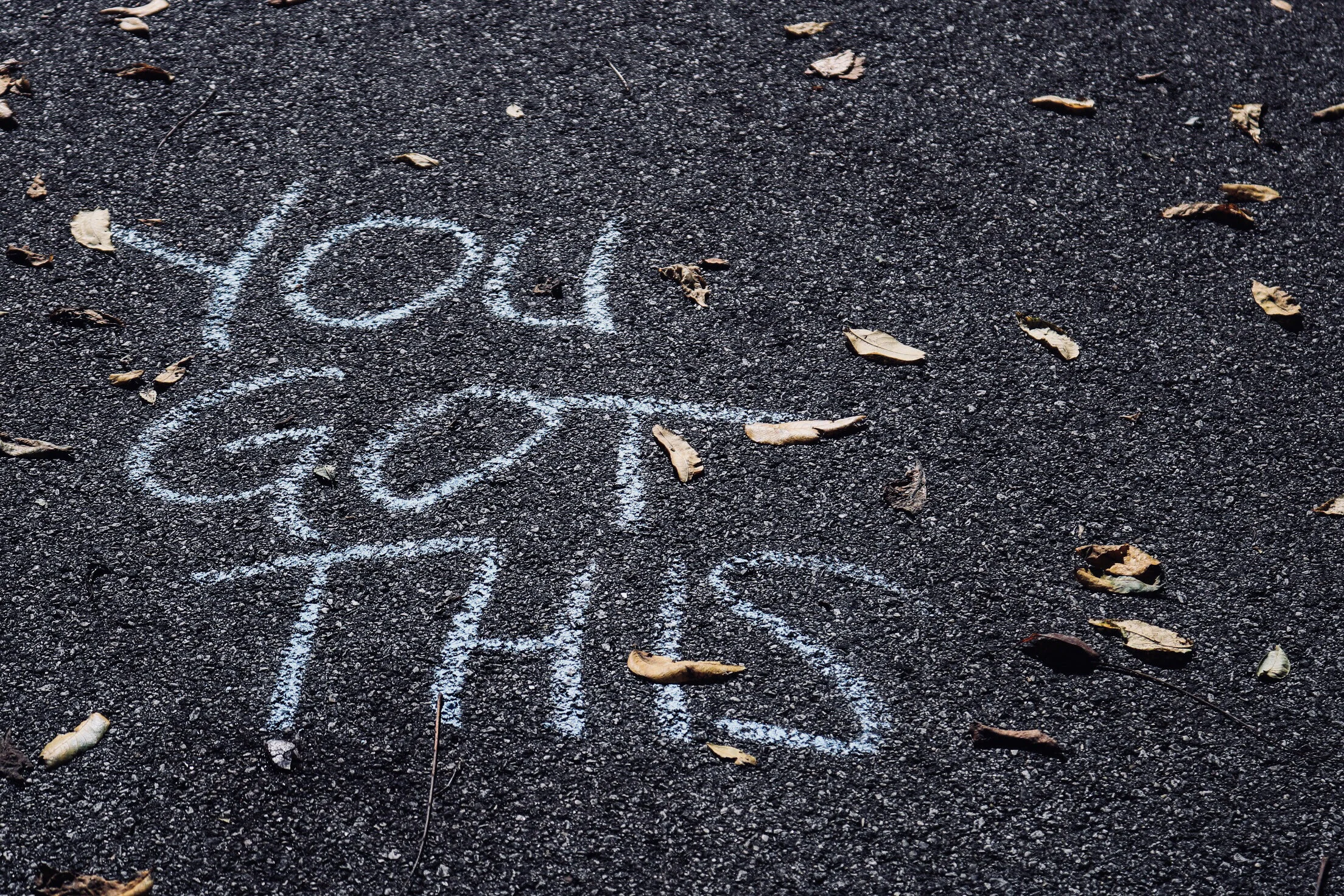Aug. 28, 2021 8:00 am ET | By Elizabeth Bernstein for WSJ
When frustration, anxiety, and fear start to come into your life, psychologists recommend an approach called ACCEPTANCE. It helps people to deal clearly in tough situations.
Sidney, a retired U.S. Navy physician and Vietnam veteran has a military phrase that he uses as advice for what to do when life is lousy: Embrace the STUCK. This advice has been wonderful guidance in several stressful situations — struggling with a deadline, dealing with a difficult family member, or struggling through the pandemic to name a few stressful situations. The point is, when you are stuck, surrounded, or suffering from a situation, you need to assess where you are, learn to live with it, and try to get ahead of it.
We're dealing with the whiplash of uncertainty and the emotions it provokes in us: frustration, anxiety, anger, and fear. To help us through, psychologists recommend an approach similar to Sidney's, which they call acceptance.
Acceptance is the ability to see reality clearly and to embrace all our emotions, both pleasant and unpleasant. It's a widely used and studied therapeutic approach called Acceptance and Commitment Therapy, and a large body of research shows that it helps people feel less anxious and depressed, and much more resilient and hopeful.
When we practice acceptance, it takes a lot of practice to get there. We no longer suppress our emotions or bury them in front of forced positivity. We don't attempt to control or fix the unfixable situation. We no longer fall into the rabbit hole of despair. We deal clearheadedly with our situation and remember that even in life's toughest moments, there is often some good and a lesson to be learned.
“Acceptance is the opposite of getting stuck”
Here is some advice from the experts:
SLOW DOWN
Too often, we move through life without any stops. We just keep on going until we burn ourselves out. This is the opposite of being present in the moment. If we don't slow down, it can create stress that keeps our body in fight or flight mode all the time.
Listen to your heartbeat. Focus your attention on the present. Feel the air on your skin. This will naturally calm our physiological stress response and helps clear out mental noise. Try doing small tasks at half the normal speed. Wash the dishes, slowly. Take a shower, slowly. Make your coffee, slowly. "The point of slowing down is to introduce patience into your experience," says Robyn D. Walser, an assistant clinical professor in psychology at the University of California, who teaches ACT to students and other therapists. "And patience gives you a choice. It allows us to be more deliberate and intentional."CREATE A MANTRA
Research shows that thinking of a word or a phrase that affirms our values and silently repeating over and over leads to a widespread reduction in activity across the brain. "When the brain is spiraling or deluding itself, a mantra gives it something else to focus on," says Brad Stulberg, an executive coach in Asheville, N.C., and author of the new book "The Practice of Groundedness." Pick a mantra that reminds you to slow down and accept what's going on without trying to fix it or push your feelings away.DISTANCE YOURSELF
Sometimes we become so entrenched in a stressful situation that we lose sight of anything else. Language can help us see the bigger picture. Doing so is called linguistic distancing.
Linguistic distancing is when you talk to yourself as another person would. Addressing yourself in the third person creates some distance. For example "Liz, you're going through a hard time, but you're going to be OKAY", doing so lets you give yourself advice that you would give to a friend. We make wiser judgments when we think about others' circumstances rather than our own. Our brain tends to access different resources and see things from a different perspective when we think about other people's problems than our own.RECONNECT WITH YOUR VALUES
Close your eyes and think of a sweet memory. Picture it clearly with all the sights and sounds. Ask yourself what was so meaningful and special to you about that event. Give it a name. Take inspiration from the value you recognize and take action right away.











